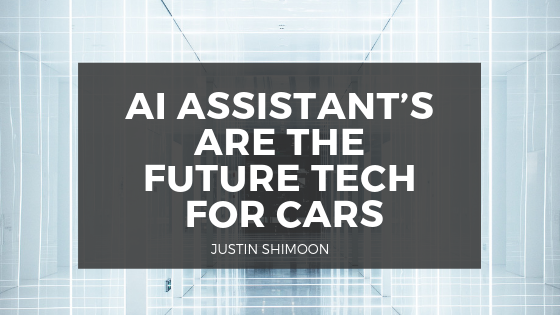Virtual assistants have taken the world by storm. Alexa, Siri, and Google Assistant have all become sophisticated enough to meaningfully improve our lives, and the associated technology is affordable enough to be implemented even in the homes of people with modest incomes. But their reach is only going to grow. One of the most important places where virtual assistants are going to play an increased role is in our cars, and it’s going to be nearly impossible to opt out of this technological revolution.
All it takes is a visit to the annual Consumer Electronics Expo to see how prevalent this technology has become. CES is an event to showcase the latest new releases by major tech manufacturers, and practically everyone is touting off the new A.I. assistance in their devices. That’s true for car manufacturers as well.
For many car companies, this technology is still on the horizon, but BMW is ahead of the pack as far as the industry is concerned. Their Intelligent Personal Assistant should be rolling out in limited markets during the first half of 2019. Built off of their existing infotainment system, the IPA will allow you to control features like the A/C, heat, and radio with voice commands. The Dragon system offers similar features and is planned to be a standard option for at least a half dozen different car manufacturers.
But the real question is whether this sort of technology will truly revolutionize the automotive market or if it will just become another extraneous features that checks off a list for luxury manufacturers. While the latter is likely to be the case in the short term, chances are that artificial intelligence will become a dominant factor in car design looking forward. Because while the machine learning behind this technology is currently low impact and only offers some quality of life features, it will eventually be capable of so much more. Manufacturers are already testing technologies that can adjust to where the eyes of the driver are located and provide context sensitive information in the dashboard and also recognize signs of fatigue and respond accordingly. It could be argued that not pursuing this information as it develops is an act of negligence, because it could offer a higher level of safety for everyone on the road. But until the A.I. inside cars grows a bit more, you can expect it to exist as a convenient feature rather than something that changes how you commute.
